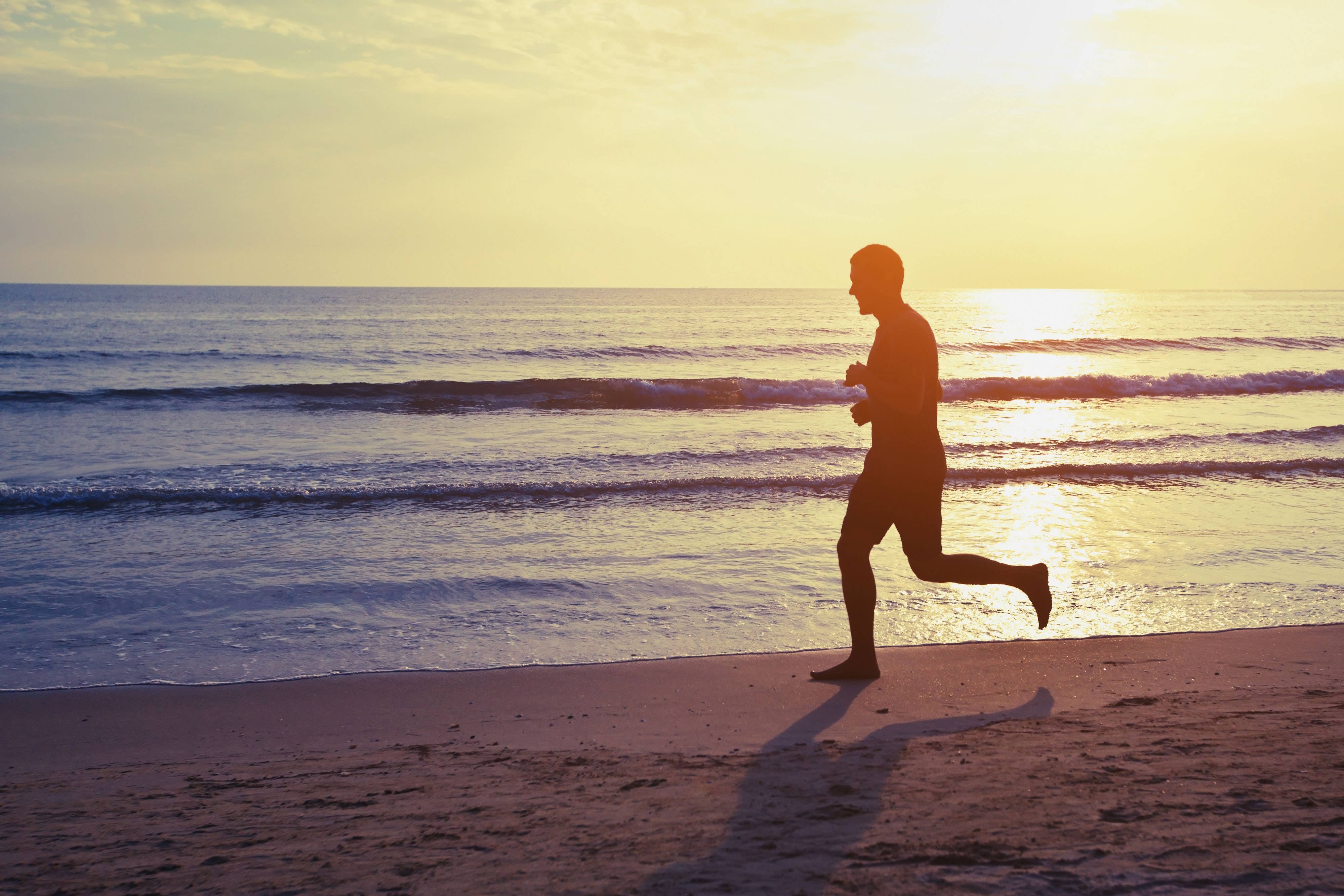Why going sober could be the key to fitness success
Want to feel healthier and have loads more energy? Giving up booze could transform your training goals. By Imy Brighty-Potts.

Your support helps us to tell the story
From reproductive rights to climate change to Big Tech, The Independent is on the ground when the story is developing. Whether it's investigating the financials of Elon Musk's pro-Trump PAC or producing our latest documentary, 'The A Word', which shines a light on the American women fighting for reproductive rights, we know how important it is to parse out the facts from the messaging.
At such a critical moment in US history, we need reporters on the ground. Your donation allows us to keep sending journalists to speak to both sides of the story.
The Independent is trusted by Americans across the entire political spectrum. And unlike many other quality news outlets, we choose not to lock Americans out of our reporting and analysis with paywalls. We believe quality journalism should be available to everyone, paid for by those who can afford it.
Your support makes all the difference.Despite having ambitious fitness goals, or a desire to create a change in our lives, many of us are reluctant to give up alcohol. Surely it cannot affect our fitness routines and progress that much, just to enjoy a glass of wine, or a few beers at the pub?
But, as Drinkaware explains, alcohol has a negative impact on physical performance, motor skills and brain function.
So, what could going sober allow us to achieve health and fitness-wise?
“Since going sober two years ago, my training performance, energy levels and mental clarity have skyrocketed,” says personal trainer Josh Davies, from Aimee Victoria Long personal training.
So, how does it impact your fitness?
Poor sleep and hydration
Alcohol has plenty of detrimental impacts on our bodies that hinder our fitness performance.
“Firstly, alcohol causes dehydration. We all know the importance of being hydrated when it comes to bodily function,” says Davies.
“Secondly, alcohol has a huge effect on the quality of your sleep. Alcohol prevents the body from getting into deep and REM sleep – the part of your sleep that helps with recovery and restoration.
“If you’re not getting adequate amounts of this type of sleep, you won’t recover between sessions and are unable to perform when working out.”Motivation and emotions
A terrible hangover or consistent fuzzy feeling is not the best if you want to get up and go when it comes to fitness, and the result-restriction caused by drinking could be holding you back.
“If you’re not seeing progression in training and you’re feeling tired from the effects of alcohol, your motivation levels are likely to wane,” says Davies.
Similarly, its mood-lowering effects can make you want to do anything but workout.
“Whenever I used to drink too much, I used to wake up the next day and feel awful. It would leave me not being the best version of myself and stop me from pushing myself to my limits with fitness. I’d feel low, depressed and all I’d want to do is stay in bed,” says Lauren White, addiction coach and former PT.
“Alcohol would always make me depressed, I would isolate and want to be alone. I was always into fitness at a young age and knew I was good at it, but when I started getting into drinking too much, I stopped looking after my body and forgot myself and my identity,” she explains.
Aids with weight loss
Weight loss is not, nor should it be the only goal of a fitness boost, but if it is for you, giving up drinking may help.
Nick Mitchell, CEO and founder of Ultimate Performance, says: “The problem with alcohol calories is they take priority as fuel in the body over other fuel sources, as the by-product of alcohol, acetaldehyde, is toxic and converts to acetate.
“This means your body won’t start burning fat again until you burn those alcohol calories off.
“In fact, alcohol consumption can be one of the major reasons that you are self-sabotaging your fitness goals.
“Cracking open a can of beer or two to relieve stress – although it may seem a good idea at the time – will come back to bite you. It slashes testosterone levels in men and impairs muscle growth.“Beer, in particular, is terrible for anyone seeking to lose body fat, due to its high count of calories and its estrogenic effects. This latter point can’t be underestimated – hops are estrogenic and, as such, are the prime causes of many men, not just for beer bellies, but also for man boobs,” he explains.More time and money
Quitting drinking will give you more time and money to focus that energy on goals such as strength training or distance running.
“You could take up new hobbies and do things that stimulate your mind and give you that serotonin release that you feel from drinking. Furthermore, you can save a bucket load of money,” says Davies. “Alcohol is expensive and when you’re intoxicated, you lose clarity and can end up spending more and more money.”